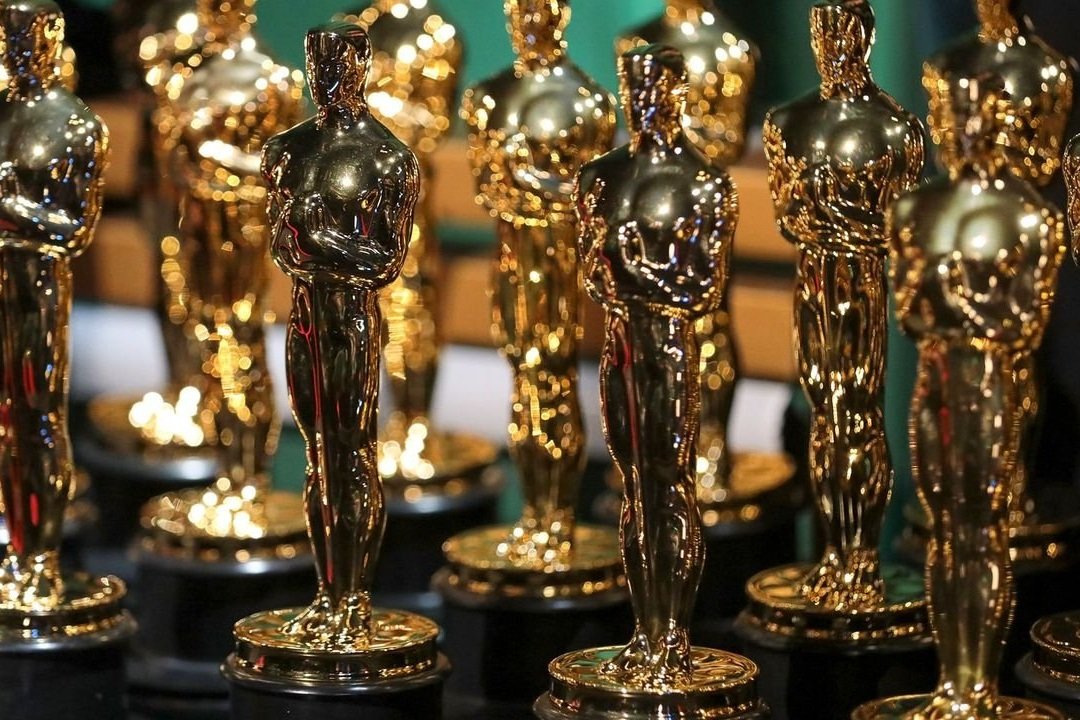Academy Says Oscar Voters Must Now Watch Every Nominee Before Casting Their Vote
Courtesy of Getty Images.
The 97th Academy Awards is behind us and the Academy of Motion Picture Arts and Sciences is turning its focus to the 98th Oscars (Sunday, March 15, 2026). On Monday, the Academy’s board of governors released a detailed calendar of key dates for the upcoming season, including shortlists and nomination announcements, as well as a series of updated rules and campaign regulations. While some changes may appear procedural, several hold the potential to significantly impact how Oscar campaigns are conducted and how winners are ultimately decided.
In a landmark departure from nearly a century of tradition, the Academy will now include the names of all designated nominees in all categories on the final voting ballot. Previously, only actors had their names listed; other nominees — including songwriters, editors, and production designers — were identified only by the films they contributed to. This adjustment, unofficially dubbed the “Diane Warren rule,” is widely seen as a response to the songwriter’s 16 nominations without a win. Warren’s work on songs such as ‘Til It Happens to You’ from the documentary ‘The Hunting Ground’ may have gone unrecognized by general voters who were unaware of her involvement. Under the new system, all contributors’ names will be visible to voters.
In an effort to promote informed voting, the Academy will now require members to verify that they have watched all nominees in a category before they are allowed to vote in that category. This process will be managed through the Academy Screening Room streaming platform, which tracks members’ viewing history. For films viewed elsewhere, such as at festivals or theatrical screenings, members must submit a form confirming the time and place of viewing. While members were previously encouraged to abstain from voting in unseen categories, the system had relied on the honor code. This policy, modeled after similar procedures used by BAFTA, is expected to curb so-called "coattail voting."
Acknowledging the increasing displacement of filmmakers around the world, the Academy has expanded eligibility criteria for the Best International Feature Film category. In previous years, only citizens or residents of a submitting country could qualify. The revised policy now includes individuals with refugee or asylum status, provided that creative control of the film rested largely with them. This change builds on precedents like Germany’s submission last season of ‘The Seed of the Sacred Fig’ by Iranian-born director Mohammad Rasoulof, a resident of Germany.
The much-anticipated Oscar for Achievement in Casting, set to be awarded for the first time in 2026, will follow a two-step voting process. Initially, a shortlist of 10 films will be determined. Members of the casting directors branch will then be invited to view “bake-off” presentations that include Q&A sessions with the nominees before submitting their final votes.
The Best Cinematography category will now adopt a shortlist phase, similar to those used in other categories. A group of 10 to 20 films will be selected by members of the cinematographers branch ahead of nominations voting.
Academy members from all branches will now be allowed to opt in to help select nominees for the Animated Short category. Previously, this opt-in voting process was available only for the International Feature, Animated Feature, Documentary Short, and Live Action Short categories.
To avoid confusion around producer credits, as seen during the most recent nominations announcement, the Academy now requires films to submit their Producers Guild of America (PGA) mark certification — or a PGA awards-only determination — earlier in the year. For films released between January 1 and June 30, 2025, proof of submission is due by September 10, 2025. For films released between July 1 and December 31, 2025, the deadline is November 13, 2025.
Oscar-qualifying film festivals will now have controlled access to the Academy’s approved mailing services to promote their programming. Festivals are permitted up to five email blasts per season, either to all Academy members or to specific branches. However, they are prohibited from promoting particular films or inviting members to receptions, panels, or other events related to the Academy season.
Following a season where artificial intelligence in filmmaking became a flashpoint—particularly with the use of AI in ‘The Brutalist’ and ‘Emilia Pérez,’ the Academy has added language acknowledging the use of digital tools like generative AI. According to the new guidelines, such tools “neither help nor harm” a film’s chances of securing a nomination. Each branch will evaluate submissions based on the extent to which human creativity remained central to the work.
Finally, the Academy appears to be reconsidering its traditional Oscar Nominees Luncheon. After this year’s event at the Beverly Hilton was canceled due to wildfires, a dinner was held at the Academy Museum of Motion Pictures instead. For 2026, the calendar simply lists a “Nominees Event” scheduled for February 10, with no specifics yet on whether it will be a lunch, dinner, or another format entirely.
TRENDING NEWS










